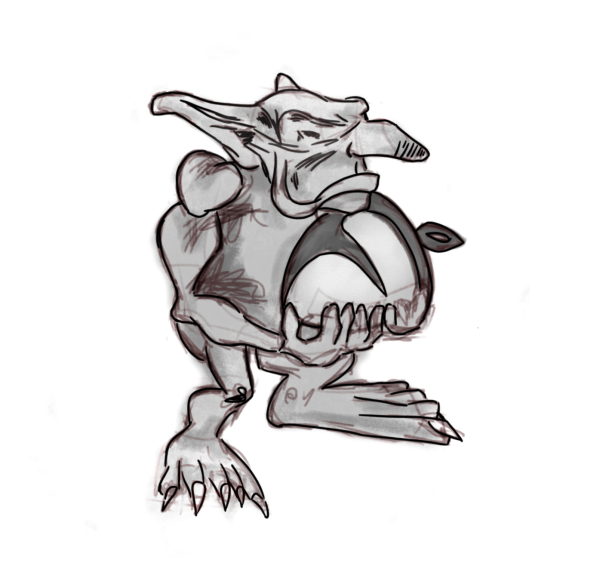Homework is Not a Homerun for Athletes
While student athletes show the focus and determination needed to master a skill in their sport, they are not demonstrating the same drive for their academics. Athletes are often taken out of class due to early release and are also practicing around two to three hours each day. It is the athlete’s responsibility to get the homework and make up all the missing work, but some complain that there is too much homework and not enough time. Although high schools occasionally prioritize athletes, academics need to take precedence to any extracurriculars, including athletics.
Sports are an extracurricular activity, are a privilege to be in, and students must not take it for granted. The homework overload can be handled in many different ways. The most important thing to remember is that time management is essential in balancing sports and academics. In the long run, academics are more important than athletics in order to achieve a stable and secure future. According to the Organization for Economic Cooperation and Development, a typical graduate from a four-year college earns 84% more than a high school graduate. Therefore, academics should be more emphasized than sports. Athletes should always have to do the same amount of work as the other students in the classroom. Athletes choose to join these teams and must account for their decisions. Student athletes are not in as unique of a position as they might think.
It is necessary to be prudent in scheduling one’s day looking at how much time will have to go to practice and how much will go to getting school work done. According to The Los Angeles Times, an average teenager spends about 3.5 hours a day just on homework. Along with sports and other extracurricular activities, colleges also look at the student athletes’ academics. If the athletes’ academics are poor, they are less likely to be a sports scholarship or any type of scholarship that is needed for them to pay for college. As a result, academics and sports must be properly balanced in order to become a well rounded person. Sports can help the students relieve their stress and maintain a healthy life, while still focusing on school.
Athletes’ grades can suffer due to the lack of studying and focus, and they may find themselves unable to keep up athletics and academics; one of these two will inevitably fall short. If a student athlete cannot adequately balance athletics and homework, he or she should not be participating in sports or any other extracurricular activity because completing school work always needs to be the priority, as that is the purpose of school. High schools are just preparing students for college and if student athletes want to pursue a sports career or play a sport in college, they will not know how to handle their schedule. There are many different activities that take time out of school work just as sports do. Participating in a sport is a choice only the athlete can make.
Most schools require athletes to maintain a 2.0 GPA and if they are able to do so, they are allowed to participate in high school athletics. Since school is necessary and sports are just an extracurricular activity, schools should raise the bar to 3.0 or 3.5. The 2.0 GPA requirement is just a barrier for students making them believe that they do not need to strive for better. According to The Atlantic Magazine, the US spends more tax dollars per high school athlete than per high school math student, which means high schools are focusing more on athletics than academics.
School work is very crucial to student athletes and they must determine the most effective means of balancing their schedule of athletics and academics. This does not mean that students should not participate in athletics. Teams can work out tactics in order for their players to get good grades. Having shorter, but more frequent practices allow the players to develop physically and still have time to do homework. Sports and extracurricular activities are secondary and academics should always come first.
Hello there! Our goal is to provide relavent, engaging journalism for readers of all ages. Your donation will support the student journalists of the Wolfpacket at Claremont High School, and will allow us to purchase equipment, print our monthly issues, and enter in journalism competitions. We appreciate your consideration!

Sophia Jung is the Editor in Chief of the Wolfpacket, and has served for four years as a reporter, assistant News editor, and head News editor. Jung loves...





